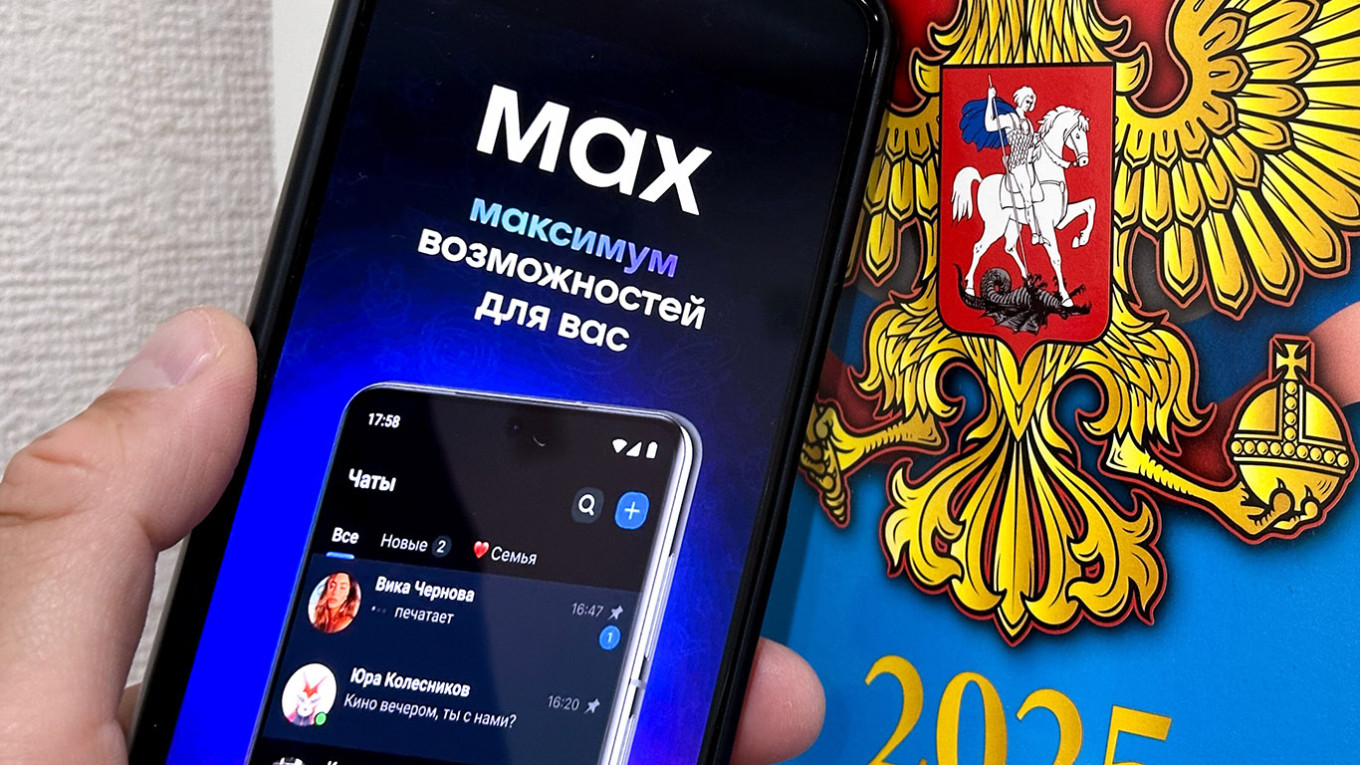Russia’s newly established state-supported messaging application, Max, will be automatically included on all devices sold within the country beginning September 1, as announced by the government on Thursday.
According to the official statement, “Max is anticipated to function as a versatile platform for information exchange, providing secure messaging along with user-friendly digital services from both governmental entities and businesses.”
This application will take over from VK’s standalone messenger, which has been mandated for pre-installation by the government since 2023. Since 2021, Russia has mandated that smartphones, tablets, and computers include domestic software.
This decision coincides with ongoing tests of restrictions on foreign messaging platforms, as users have reported difficulties with WhatsApp and Telegram calls since early August. Last week, state regulator Roskomnadzor stated that it was “partially” obstructing calls to address issues related to fraud, extortion, and terrorism.
Previously, independent media sources reported that the Kremlin instructed officials and lawmakers to shift their Telegram channels to Max. The press office of the State Duma announced on Thursday that it will now exclusively use Max for comments, discontinuing posts on Telegram.
Critics argue that this initiative is part of broader attempts to impose stricter state control over the internet, which authorities claim is necessary for protecting minors and combating terrorism.
Additionally, the government revealed on Thursday that starting September 1, the mandatory pre-installation list will also feature the domestic app store RuStore for Apple devices and the free TV app Lime HD TV for smart TVs, effective beginning January 1, 2026.

